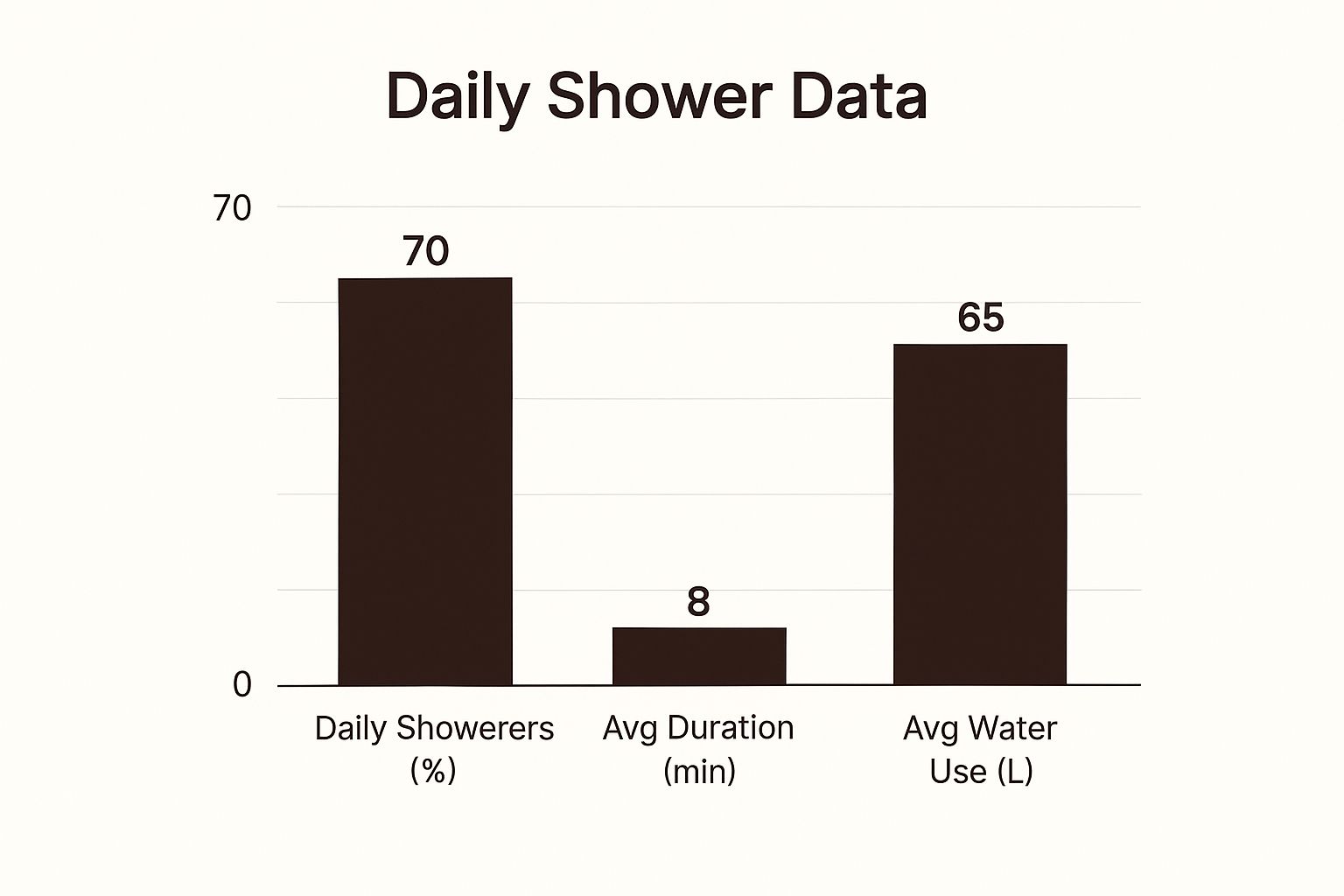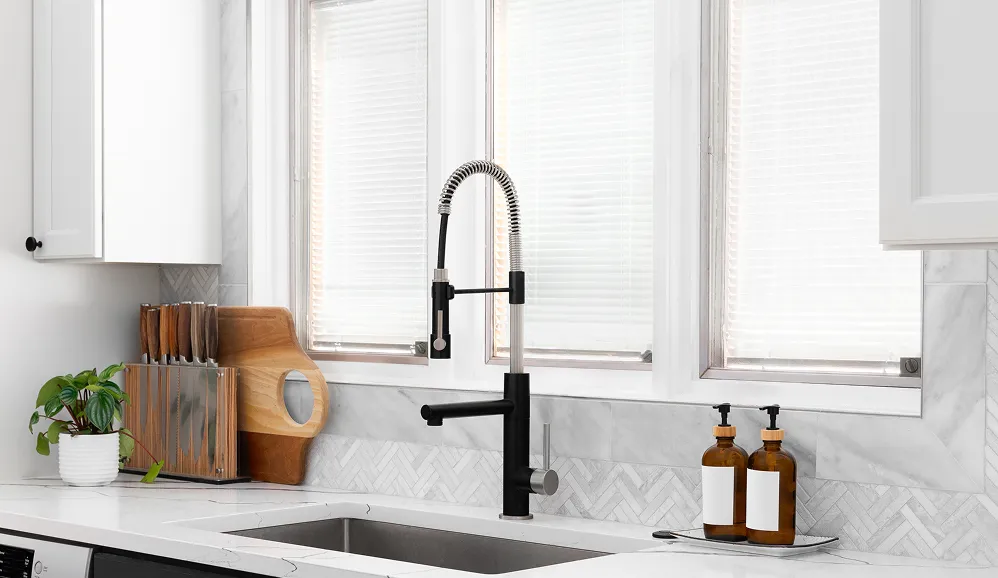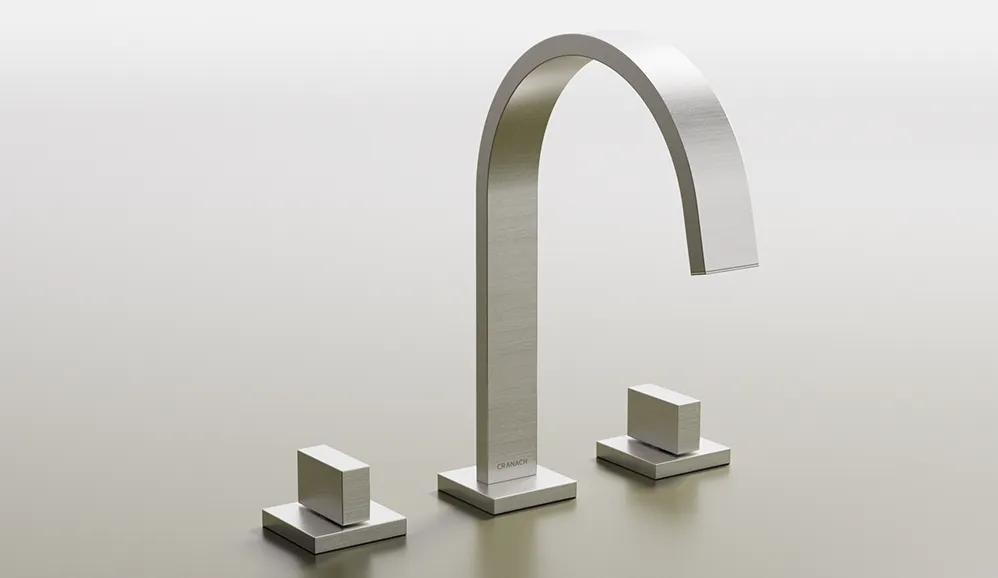So, is it bad to take a shower everyday? The short answer is, it depends.
It’s a common question, and while many people lather up daily, this habit has more to do with cultural norms than any strict health rulebook. As noted in a Harvard Health Publishing article, the real factors that should guide your routine are things like your skin type, how active you are, and even the climate you live in.
The Daily Shower Debate Answered
Some people can’t imagine starting their day without a shower, while others swear their skin is healthier when they skip a day or two. The truth? It’s usually somewhere in the middle.
Instead of sticking to a rigid, one-size-fits-all rule, it’s far better to think about your personal needs. For example, a construction worker or someone who hits the gym every morning will have very different showering needs than someone who works from home in a cool, dry apartment. Understanding the nuances is what helps you build a routine that truly works for your body.
Daily Showering Pros vs Cons
To help you decide what’s best for you, here’s a quick rundown of the main arguments for and against showering every day. This table summarizes the key points, making it easier to see both sides of the coin.
| Aspect | Potential Benefits of Daily Showers | Potential Drawbacks of Daily Showers |
|---|---|---|
| Hygiene & Odor | Removes daily sweat, oil, dirt, and bacteria, effectively controlling body odor. | Can strip the skin’s natural oils (sebum), leading to dryness and irritation. |
| Skin Health | Helps wash away allergens and potential irritants from the skin’s surface. | May disrupt the skin’s microbiome, removing beneficial bacteria that protect against pathogens. |
| Hair Health | Can prevent oil buildup on the scalp, which is beneficial for those with oily hair types. | Over-washing can strip natural oils from hair, leaving it dry, brittle, and prone to breakage. |
| Mental Well-being | A morning shower can feel refreshing and help you wake up; an evening shower can be a relaxing ritual. | For some, the pressure to shower daily can feel like a chore rather than a moment of self-care. |
| Environmental Impact | Not applicable; daily showers increase resource consumption. | Uses significant amounts of water and energy, contributing to a larger environmental footprint. |
Ultimately, the goal is to find a balance. You want to stay clean and fresh without compromising the health of your skin or the environment.
Personalizing Your Shower Schedule
Listening to your body is key. Adjusting how often you shower is all about paying attention to your skin and lifestyle.
Here are a few things to consider:
- Activity Level: If you’re sweating a lot from exercise or your job, a daily rinse makes perfect sense. It gets rid of sweat, grime, and the bacteria that cause odor.
- Skin Type: Got oily skin? You might feel more comfortable with a daily wash. But if your skin is dry or you have a condition like eczema, daily showers can strip away essential moisture and make things worse.
- Climate: Living in a hot, humid place often means you’ll want to shower more frequently. In contrast, if you’re in a cold, dry region, your skin is already fighting dryness, so less is often more.

This data shows just how common the daily shower is—and how much water we use in a pretty short amount of time. Knowing these habits is the first step in figuring out if your own routine is right for you.
For a deeper dive, you can learn more about if it is bad to take a shower everyday in our complete guide. It’ll walk you through the science of skin health and help you find a balanced approach that leaves you feeling clean, comfortable, and confident.
Understanding Your Skin’s Natural Protective Barrier
To really get to the bottom of the “is it bad to take a shower everyday” question, we need to talk about our skin’s incredible built-in defense system. It’s easy to think of skin as just a simple covering, but it’s so much more. It’s a living, intelligent shield working around the clock to keep you safe. This shield has two main players: the acid mantle and the skin microbiome.
This entire system works together beautifully. The acid mantle creates the perfect environment for the microbiome to flourish, and in turn, the microbiome helps ward off invaders. When everything is in balance, your skin stays hydrated, calm, and healthy.
The Acid Mantle: Your Invisible Armor
On the surface of your skin is a super thin, slightly acidic film called the acid mantle. It’s a natural cocktail of oils (sebum) from your glands and sweat. That slight acidity is the key—it helps neutralize alkaline troublemakers like harsh soaps and certain types of bacteria.
Think of it as a bouncer at an exclusive club. It knows who belongs—the good microbes—and keeps the bad guys—harmful pathogens—from crashing the party and causing problems.
When you strip that mantle away, the bouncer is gone, and your skin is left vulnerable. That tight, “squeaky clean” feeling you get after using a harsh soap? That’s actually a warning sign that you’ve scrubbed away its natural defenses. The American Academy of Dermatology has some great resources on how bathing affects the skin if you want to dive deeper.
“Your skin is a layered, complex organism that knows how to take care of itself, for the most part. If your skin feels tight or squeaky clean when you get out of the shower, that’s a sign that your skin has been over-dried by the hot water and soap.”
Your Skin’s Microbiome: A Living Ecosystem
Your skin is also home to trillions of microorganisms—bacteria, fungi, and viruses—all living together in what’s known as the skin microbiome. It might sound a little creepy, but these tiny residents are absolutely essential for your health. These “good” bacteria help train your immune system and crowd out the harmful bacteria that are always trying to move in.
But frequent, aggressive washing—especially with scorching hot water and antibacterial soaps—is like setting off a bomb in this delicate ecosystem. It wipes out everything, good and bad, disrupting the natural balance.
When the helpful microbes are gone, it opens the door for problematic bacteria to thrive, which can lead to issues like acne, eczema flare-ups, and other skin irritations. This is where a thoughtful approach to showering really makes a difference.
What Dermatologists Say About Daily Showers
When you’re trying to figure out if it’s bad to shower every day, it makes sense to go straight to the experts. Dermatologists, including those at the American Academy of Dermatology Association, have a pretty clear consensus: for a lot of us, a daily shower isn’t really a health requirement. In fact, it can sometimes do more harm than good.
The real problem, they say, is the combination of hot water and harsh soaps. Together, they act like a solvent, stripping your skin of its essential natural oils, also known as sebum. This process compromises your skin’s protective barrier, leaving it open to dryness, irritation, and even inflammation.
If you already deal with skin conditions like eczema or psoriasis, this stripping effect is even more of a concern. Over-showering can easily trigger a flare-up, which means more redness, itching, and general discomfort. The whole point of a shower should be to get clean, not to break down your skin’s natural defenses.
Expert-Backed Showering Best Practices
To keep your skin happy while staying clean, dermatologists suggest focusing less on how often you shower and more on how you do it. These habits help protect your skin’s health, whether you’re a daily shower person or you only hop in a few times a week.
Here are a few key tips straight from the skin experts:
- Keep It Short: Try to limit your shower time to just 5-10 minutes. The longer you’re under the water—especially hot water—the more moisture your skin loses.
- Turn Down the Heat: Ditch the scalding hot showers for lukewarm water instead. Hot water is the main culprit when it comes to stripping away those protective oils that keep skin hydrated.
- Choose Gentle Cleansers: Look for mild, fragrance-free, and pH-balanced soaps. Harsh antibacterial soaps can throw your skin’s delicate microbiome out of whack.
- Lather Strategically: You really don’t need to soap up your entire body from head to toe. Just focus on the areas that actually produce odor, like your underarms, groin, and feet.
The American Academy of Dermatology offers some straightforward, actionable advice for healthier bathing, which they’ve summed up nicely.
As you can see, simple adjustments can make a world of difference. Things like closing the bathroom door to trap steam and putting on moisturizer right after you towel off can go a long way in preventing dry skin.
Upgrading Your Shower for Better Skin Health
Beyond your technique, the hardware in your shower can also play a big part in a healthier routine. Modern shower systems from CRANACH come with advanced features like precise temperature control, which helps you avoid water that’s too hot.
With a gentle, consistent flow, you can get a therapeutic experience that cleanses you effectively without being too abrasive on your skin. It’s a thoughtful way to turn a simple daily habit into something that genuinely supports your skincare regimen.
How Daily Showers Impact Your Hair and Scalp
When we talk about whether it’s bad to shower every day, the conversation usually leans toward skin. But what about your hair and scalp? They’re just as important. Think of your scalp like your skin—it has a delicate balance of natural oils, called sebum, that keeps it healthy and moisturized. Over-washing can throw that whole system out of whack, leading to a chain reaction of problems that you’ll definitely see and feel in your hair.
Washing your hair every day can completely strip the scalp of these essential oils. When that happens, your oil glands get a panic signal and kick into overdrive to make up for the loss. This can ironically leave you with hair that looks greasy faster, trapping you in a frustrating cycle where you feel like you have to wash it more often.
The Scalp’s Reaction to Over-Washing
On the flip side, some people run into the exact opposite problem. Constantly stripping away those natural oils can leave the scalp feeling dry, tight, and frustratingly itchy. This often leads to flakiness and irritation, which is not a healthy environment for your hair follicles to thrive in.
How often you should wash really comes down to your hair type:
- Fine or Straight Hair: This type tends to show oil much more quickly, so you might feel the need for more frequent washing.
- Thick, Coarse, or Curly Hair: Natural oils have a much longer journey down the hair shaft, which makes these hair types more prone to dryness. Washing just a few times a week is usually plenty.
A healthy scalp is the foundation of healthy hair. When the scalp is irritated, inflamed, or overly dry, it can’t support strong, resilient hair growth. This can sometimes contribute to increased shedding.
How to Design Your Perfect Shower Routine
So, how do you take all this science and turn it into a practical, personalized routine? It’s simpler than you think. The real goal is to stop showering out of sheer habit and start listening to what your body is actually telling you.
By tuning into a few key signals, you can build a schedule that truly supports your skin, hair, and overall well-being. The answer to “is it bad to take a shower everyday” isn’t a simple yes or no—it’s about striking the right balance between hygiene, health, and what just feels right for you.
Finding Your Ideal Shower Frequency
To figure out a routine that fits you perfectly, you need to look at your own unique circumstances. Instead of just sticking to a rigid daily schedule, let these factors be your guide for how often your body really needs a full wash.
- Skin Type: If your skin is naturally on the oily side, a daily shower might feel necessary to stay fresh. But for those with dry or sensitive skin, showering every other day can be a game-changer. It helps preserve the natural oils that keep your skin hydrated and protected.
- Activity Level: A sweaty session at the gym or a long day at a physically demanding job? Yeah, that’s a clear reason for a daily shower. On days you’re less active, you probably don’t need to do the full routine.
- Climate and Season: In hot, humid weather, more frequent showers make perfect sense to manage sweat and just feel comfortable. But during those cold, dry winters, your skin is much more vulnerable to drying out. Showering a bit less can help it hang onto that precious moisture.
- Occupation: Your work environment plays a huge role. Someone working in construction, healthcare, or a busy restaurant is going to have very different hygiene needs than someone working from a home office.
Turning Your Shower into a Therapeutic Ritual
Your shower can be so much more than just another task on your to-do list; it can be a genuinely restorative ritual. Creating the right environment with the right equipment can elevate a simple cleanse into a real moment of self-care. It’s not just about how often you shower, but how you do it.
The CRANACH shower systems with Farne collection are designed specifically for this purpose. With features that give you precise temperature control and a soothing, consistent water flow, they help create a spa-like experience that genuinely supports your well-being.
Ultimately, designing your perfect shower routine is about empowering yourself with knowledge. When you understand your body’s unique needs and create a supportive environment, you can build a smarter, healthier habit that benefits both you and your lifestyle.
Your Top Showering Questions, Answered
When it comes to showering, the advice can feel all over the place. Is it bad to shower every day? Does timing matter? Let’s clear up the confusion so you can feel good about your routine.
How Often Should I Actually Shower?
There’s no single magic number, but for most people, showering every two to three days is perfectly fine and helps maintain your skin’s natural balance.
That said, a daily shower makes complete sense if you work out, have a physically demanding job, or live somewhere hot and humid. Your skin is always your best guide. If it feels tight, dry, or itchy, you might be washing a bit too often.
Morning Or Night Showers: Which Is Better?
This one is all about personal preference and what your body needs. A morning shower can be a fantastic way to wake up, feel alert, and get ready to tackle the day.
On the other hand, an evening shower can be a calming ritual. It washes away the day’s sweat, pollen, and other allergens, and the gentle cool-down can even help you sleep better. The mental benefits are undeniable; there’s a real science behind how a shower can actually help with anxiety.
It’s also worth remembering the environmental side of things. A quick 5-minute shower can use up to 90 liters of water, plus a good deal of energy to heat it. You can find more details on water and energy consumption for showers at ariston.com.
Ready to transform your routine into a therapeutic experience? Discover CRANACH‘s innovative shower systems with Farne collection, engineered for the ultimate in comfort and efficiency.










